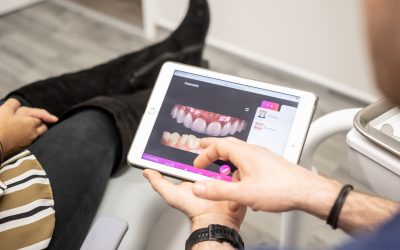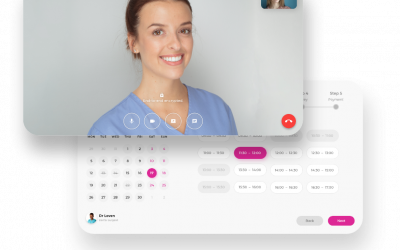Telling a parent that their child needs multiple teeth removed is heartbreaking. Something I strive to prevent. Over the past week, there have been several concerning articles about rising figures of children’s tooth decay and the substantial cost it has to the NHS each year – more than 40m. Most children have at least one tooth removed, leading to over 44,685 surgical procedures in those 18 and under in 2018/19.
These figures are problematic, and the worry becomes more prominent when considering the future. There’s a fear that during lockdown, many children have been indulging in more sugary snacks and drinks alongside interruptions to their oral healthcare education – disrupting preventative measures that might usually be in place.
These figures suggest a huge problem, especially as it’s likely that more impoverished communities will be affected the most by dental decay—figures of decay rise to 34% in deprived areas, compared to 14% in wealthier ones. In response, the LGA is calling for extra funding for oral hygiene programmes. Mick Armstrong, chair of the British Dental Association, also said, “It’s inevitable these figures will go from bad to worse, as lockdown diets, the suspension of public health programmes and the collapse in access take their toll.”
Prevention is key
We know that the best way to improve oral health in the long-term is through prevention – but this is more challenging than ever when COVID has restricted visits to dental practices.
Teledentistry was created with the potential “to eliminate the disparities in oral health care between rural and urban communities.” During the pandemic, WHO has acknowledged how telemedicine can benefit underserved communities because it “overcomes distance and time barriers between healthcare providers and patients. Further evidence points to socioeconomic benefits to patients, families, health practitioners and the health system, including enhanced patient-provider communication and educational opportunities.”
At Chairsyde, we’ve said from the get-go that our mission is to improve oral health education for our patients – and one of the ways we’ve worked to achieve this is through teledentistry. Due to the nature of COVID, it’s vitally important that we consider ways of integrating Chairsyde Teledentistry into our communities to offer vital oral health education, preventing future dental decay in children at such a substantial cost to the NHS. After experiencing the uses of teledentistry around the world, we agree that we should ensure “access is available to vulnerable patients […] who may have difficulty accessing virtual services.”
Already, Chairsyde Teledentistry focuses on education – with a suite of animations, photographs and annotations that help patients to clearly understand their treatment and how to look after their oral health better. We’re now thinking of ways that we can cater our animations to children, using Chairsyde in schools to create a fun, easy to understand experience that’s vital for their oral health learning. By utilising our platform in this way, we can ensure children continue to receive their education while keeping our dentists safe and reducing the risk of their exposure. Furthermore, we’re able to educate children at school who might not have access to the internet at home.
We believe that now is the time to bring the focus back to prevention and remote oral health education to create a healthier future for our children.





